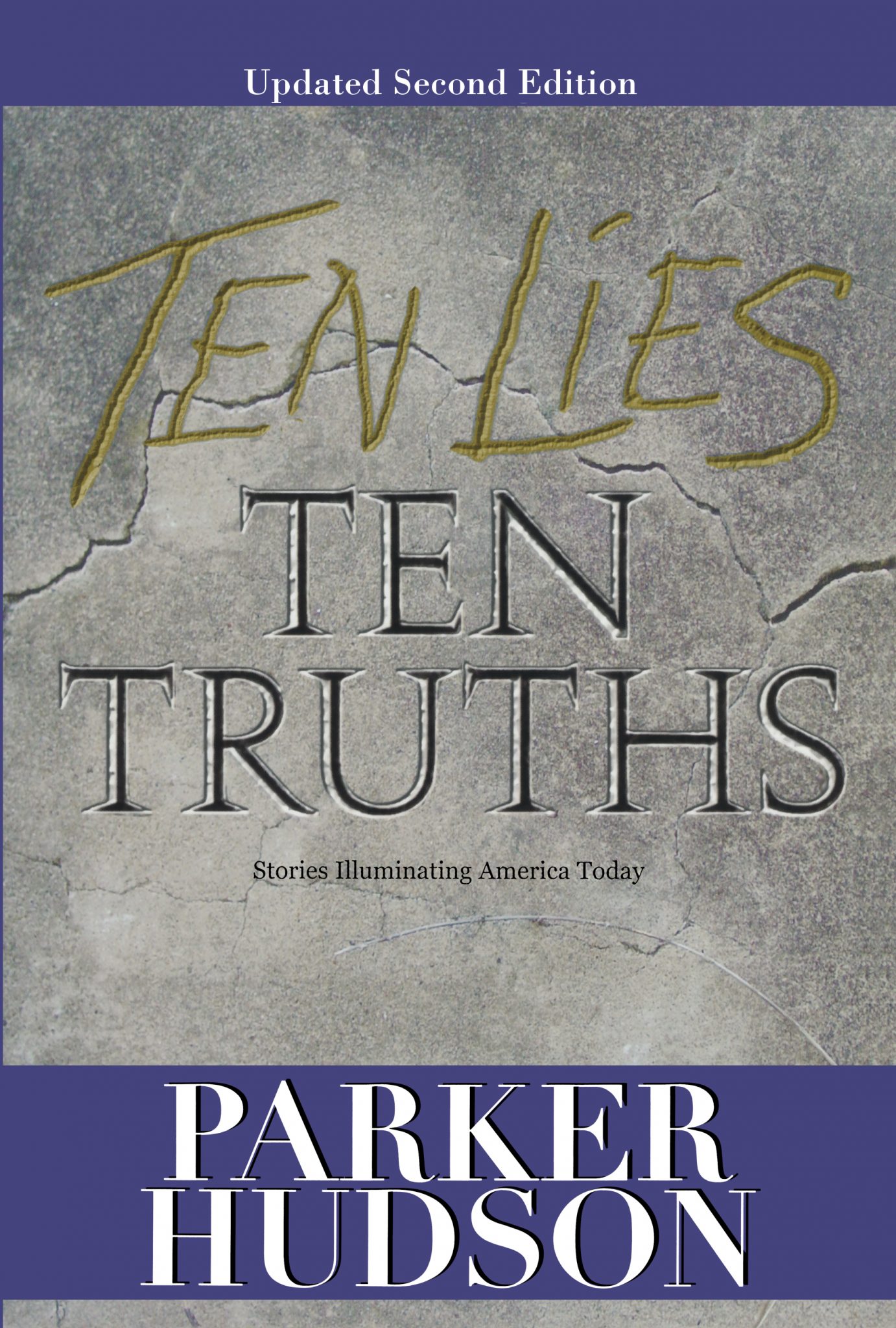In this and the next post we will examine two specific ways that our Progressive government destroys jobs by making our businesses more costly than their international competitors. Those added costs reduce profits, thereby decreasing investment and crippling new job creation.
Of course when they kill jobs, they also diminish tax revenue for our local, state and federal governments.
Every U.S. public company which reports to the Securities and Exchange Commission must now implement a new process to document all the conflict minerals contained in all the products that it manufactures. Conflict minerals? If you haven’t heard, they are tantalum, tin, tungsten, and gold. These minerals in some cases come from the Republic of the Congo and/or surrounding countries, where there is ongoing conflict. But not all such minerals come from there.
What does the SEC have to do with minerals from the Congo? Ask the authors of the Dodd-Frank Wall Street Reform and Consumer Protection Law of 2010. There must be a connection between consumer protection from financial pitfalls, the SEC, and minerals in the Congo, since Congress enacted the law and the SEC dutifully published its new regulations in August. But I’m not sure what that connection is, other than to make Progressives feel good.
What do the law and new regulations mean for business? In 2014 every company which now reports to the SEC must add a new FormSDdetailing for 2013 its use of, and its sources for, conflict minerals. And then continue to file the same report annually thereafter. So manufacturers must immediately implement an internal process (each company is left to its own devices to create a plan, which the SEC will retroactively decide is “reasonable” or not) to determine whether they have any of these four minerals in any functionally important part of their products.
If your company manufactures anything from small electronics to large turbines, and that product relies on a set of screws to hold it together, you must figure out whether those screws contain any of the four conflict minerals. And if so, where the minerals originally came from.
That means that you will have to ask for this information from every one of your vendors and suppliers, no matter how small or where based. So the law will impact and add costs to tens of thousands of companies of all sizes. And then to their suppliers. And on and on.
Just what we need to stimulate manufacturing and to encourage companies to base themselves in the U.S.!
There is a silver lining for the most-favored group in activist legislation. All of the large consulting and legal firms are, of course, ramping up employment to help advise their clients on this newest business minefield. So we’ll have higher costs for manufacturing, and therefore less manufacturing jobs, but more jobs for SEC bureaucrats, lawyers and accountants. Like Sarbanes-Oxley and the rest of Dodd-Frank. You can’t make this stuff up.
Take a minute and read PwC’s guide to the law and the SEC reporting requirements. It is quite instructive.
Please download the pdf of the full article and look particularly at PwC’s Comments; then imagine that you’re thinking about creating a new product, or becoming part of the supply chain for any U.S.manufacturer.
In summary, a very wide range of companies, both retail and wholesale, must comply with higher costs and potential fines for reporting on conflict minerals. Why? So that Progressives can sleep better at night, feeling good that they will soon be able to “out” those companies which made the mistake of buying their high-tech screws from the lowest cost provider.
This small real-world, non-campaign-rhetoric example shows why, tragically for our nation, misplaced government regulations can drive up costs, reduce profits, and reduce jobs. The conflict minerals goal sounds noble—there are probably many more. But what will be accomplished by this new tax? And at what cost?
Clearly some regulations are necessary for industries to function safely. But this one is clearly over the top—part of the Progressives’ 2010 Wish List. They got their wish, and business got the added cost.
If you can top this one as an unnecessary and damaging regulation in an industry you know about, please share it.


Comments